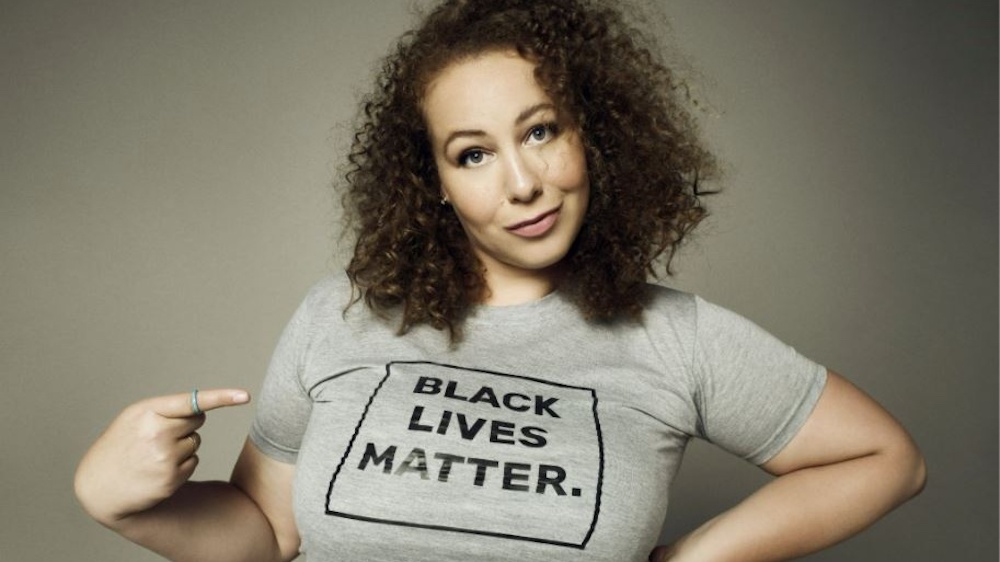If you’re interested in sharing your opinion on any cultural, political or personal topic, create an account here and check out our how-to post to learn more.
Opinions are the writer’s own and not those of Blavity's.
____
I was sitting in a green room of a comedy club waiting to go on stage while the club owner and manager were having a conversation.
“What’s the name of the famous chick who is making lots of money right now? She’s kind of funny for a woman. And she’s kind of fat.”
“Amy Schumer?”
“Yeah.”
At this point, they noticed there was a female comic (me) in the room.
“You’re kind of funny for a woman, too.”
That was a few months ago.
I remember the first time I really made people laugh. When I was a kid, some family squabble was happening and I got the urge to move. I began running around in circles and then tap dancing and singing. I got the nicknames “animal” and “baby woman” because I took charge and brought chaotic energy (which I like to call joy) to a room.
Distraction. That was my main comedic beat.
Later on, I developed even more strategies. When my nieces or nephews would be upset or cry, I would run headfirst into a pole or wall. My learned stage combat prevented injury and created a big slapstick distraction.
Then I was a teenager. It’s the time in your life when you want no one to look at you but also everyone to look at you. Around that time, I began to get the “what are you?” questions. Sometimes I would answer them honestly. But most times I would feel this tightening in my stomach of saying the wrong thing to the wrong people, and instead, I’d make a joke.
A human. A woman. An alien. It lightened the mood and made things easier for the world to digest me and my existence.
Comedy was my safe visibility. My distraction from the hard and painful. It was a way to walk into a room and be accepted. The world of comedy is filled with stories of distractions; stories of trying to be noticed and creating a stir by making the smallest, safest waves possible. But what if your existence is the wave in the room?
Being a person of color in comedy may not be a rare thing, but success and pay do not reflect the talent out there. Add to that being a woman of color and you have a lot of free shows and a lot of, “Oh, you’re a comic?”
Stand-up comedy is a hustle — a hustle where you get an immediate critique back. And it can, at times, be thankless and payless.
But comedy also has power. It has the power to shed light on tough subjects in a more digestible way. The power to speak truths bravely with a side of you that is safe. Nothing speaks to a person of color more than laughing at the pain the world has given us — and having the laughter bring us together lets people know I get you and I’ve been there.
The state of the world isn’t that forgiving anymore. We become very afraid to say the truths we feel on stage, for fear of being canceled or objectified. But without truths, how can comedy truly survive?
To me, what comedy has to become is empathetic. The reason I started comedy was empathetic in its source. Let’s laugh and try to understand each other. Let’s be OK with being wrong and telling people they are wrong, but at the same time learning to laugh and move on. Let’s be OK with having the conversations.
I’m not saying comedy can change the world one joke at a time … but wait. Yeah, I am.
____
Anastasia Washington is a bi-racial actress and comedian. Her work can be seen on-screen in productions such as 'The Addams Family' movies and 'Die Hard 2.'

